I once had the opportunity to speak with her at the same
meeting, a get together of New York State community college professors. Lynn
was one of the leading scientists in the United States. I was just barely
beginning my career. She gave all the enthusiasm to that small unassuming group
that you would expect from a keynote speaker at a major conference.
Lynn Margulis was nothing if not egalitarian. And her social
M.O. makes sense when you realize her scientific specialty was symbiosis,
organisms helping one another to maximize their potential in a harsh
environment.
I teach about symbiosis every semester, for example the
fungal-plantroot symbiosis called mycorrhizae (fungus roots),
the legume-bacterial connection that stars nitrogen-fixing
Rhizobium bacteria,
and of course my specialty, the lichen symbiosis.
But Lynn taught us more than just to think about
partnerships. She championed the idea of endosymbiosis…the fact that all plant
life depends on bacteria that live inside photosynthetic cells—the chloroplasts.
It took a long time for the scientific community to catch up
with her, just like it’s taken us ages to catch the coattails of Darwin. But
molecular research vindicated her hypothesis that chloroplasts are photosynthetic
bacteria with their own bacterial genome hanging out inside of leaf cells.
Lynn’s depiction of the process of symbiosis is something I’ll
never forget. Two one-celled organisms are riding a rocketship into outer
space. As the rocketship goes faster and the conditions get worse, the two
cells hug one another harder and harder, until at last one of them in inside
the other. A better model for endosymbiosis was never imagined.
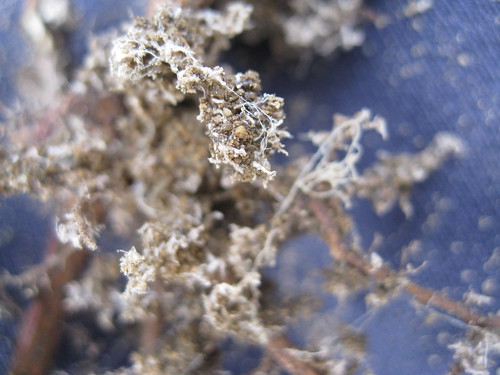
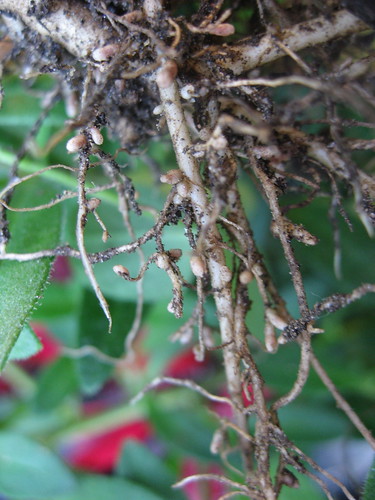
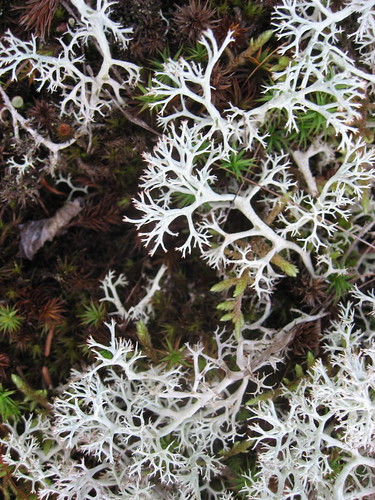
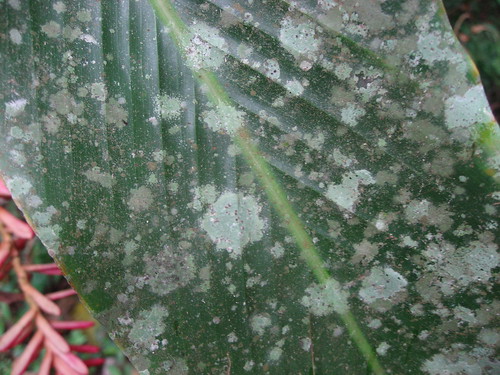
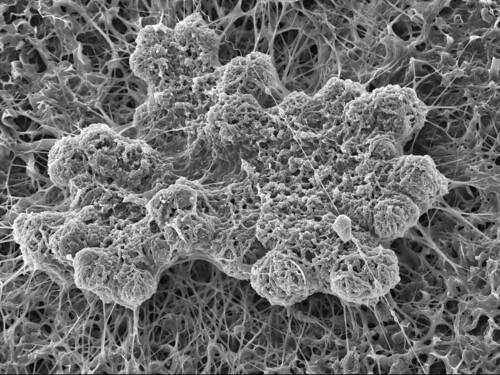

No comments:
Post a Comment